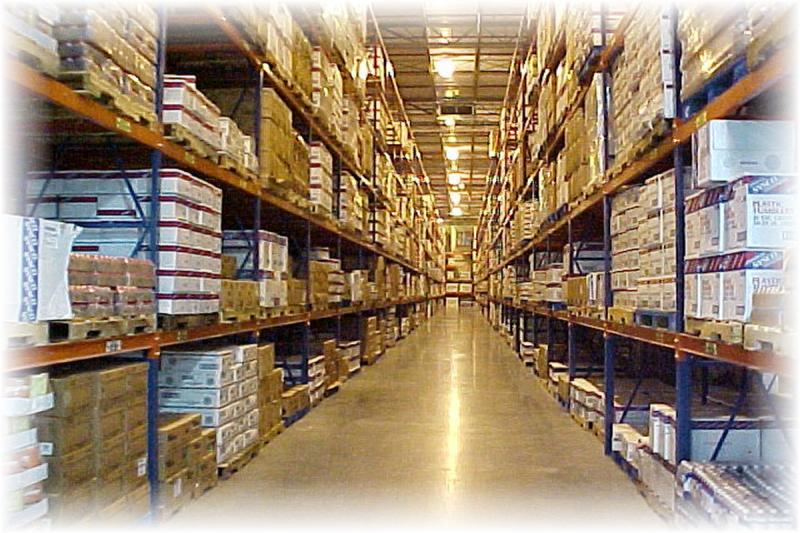It’s been my debut in these corners of conversations about science: I walked away truly inspired and refreshed, yet without having found a new home.
The conference theme was Ökonomie und Wissenschaft - economy and science. As I always use the word “economic science” when denoting what I worry about in my research, the conference has shown me how little I cover of the various aspects when viewing economic matters through questions of knowledge and vice versa (much of it I sadly abandoned once the PhD grew too big). Here a sketch of a point where economic and epistemic matters enlighten one another, and, scrolling down, another where the one casts a shadow on the other.
***
The perhaps oldest, pleasantly transcendental idea is to say: money (they mean prices, of course) is that which creates identity between things that nevertheless must preserve their difference – money is thus abstraction in practice. The fact that monetary institutions are abstract social relations and the fact that that modern science is a form of abstraction from the concrete would then count as two sides of the same cultural phenomenon. One can give the same argument also a positivist flavor: flourishing trade requires better standards of accuracy, numeracy, methods of determination. Harold J. Cook noted that the globalization is a form of generalization, such that mercantilism and the scientific revolution go hand in hand. He spoke of “co-constitution” (scientific conditions of trade to develop, and economic conditions of science to develop). After all, one might add, economic culture is nothing but an epistemic culture: risk, probability, gambling, speculation, etc. (this is why economists, with no self-awareness whatsoever, are so attracted by the notion of “information”).
One way of interpreting the historical incidence of institutions of the economy and of science is to say that both standardized methods of acquiring knowledge and anonymous exchange relations in markets are solutions to distrust. Knowledge means to trust abstract principles of acquisition of knowledge; acting in markets is to trust an anonymous system. Nobody can afford to trust the mere witness of fellows. The depersonalization of trade and the depersonalization of knowledge are historically very close. Humboldt said scientists must be “alone and free”; the same Marx lamented about “Robinson Crusoe”. This shared culture of distrust, I suppose, is part of the deeper reasons why the scientific plan and the free market would be seen as alternatives.
From here it’s only a small step to interpret the notion of objectivity in Marxian terms, as has been done by Monika Dommann. The world as the set of all things that wait for being discovered is the world in absence of those who care about it: the storage at night. Marx and Engels evoked this image of massive amounts of goods in heavily guarded warehouses in Manchester at night when theorizing about “die Ware” and the futility of the “lying-around” of things. Only in capitalism, they would say, we are living with objects – those things that are so distanced that they can become objects of inquiry and knowledge. Otherwise we are living with things that are much too close for ever triggering the question what they “really are”. “Objectivity” in science thus presupposes “alienation” in the labor markets. True or not, imaginative was Dommann’s talk.

Things that wait to be considered
***
The antagonism of the two cultures in the economy and in science starts here: economic stuff is material, knowledge not; economic matter is bread and butter, knowledge is spirit, reason, and rationality; knowledge requires transparency, trade too often secrecy. The oldest form of this antagonism is of course that money corrupts our sense of higher ends (such as beauty, the good, the sacred, and the truth). As old this idea is, much has been said during the weekend about the pursuit of truth when being mixed with “monetary incentives”. If scientific and economic motives intermingle, claims degenerate to expressions of interests, principles to dogmas and ideologies.
In writing history of science we write material accounts of knowledge (in contrast to philosophy of science) – that is, the very discipline of history of science is shaped by this antagonism. One interesting turn of this argument was put forward against science studies: Insofar science studies tend to debunk the notion of the purity of the interest in truth, and thus of the autonomy of science, it fosters normative notions of what science is supposed to deliver, that is it fosters discourses about science that demand “social relevance”. The idea came from David Kaldewey: Scientific and economic matters come to terms as soon as one is able to harmonize autonomy and relevance discourses about science. Yes, and it is “economic science”, as I argued at length some time ago, which just never really came to terms with these too demands for knowledge. If relevance is identified with economic relevance and thus monetary payoff, the opposition between autonomy and relevance is unavoidable.
***
This is of course not a representation of anything that happened at the conference but of that that which made me think. After two short days, I am inclined to agree with those who consider too difficult to attract audience in the history of science community. Three persons came to our session. Nevertheless, history of science is one of the greatest sources of inspiration currently at the market. That is, more reading, but little hope for ever becoming part of this club. It won’t be my new home.
Some weeks later, I went to Athens, to the European Society of the History of Science. One person came to our session! Economics is not Science, thanks. At night, on my way back home, a handful of young Greek boys – who knows, “victims of the crisis” – violently robbed me. It’s time to leave Germany.


